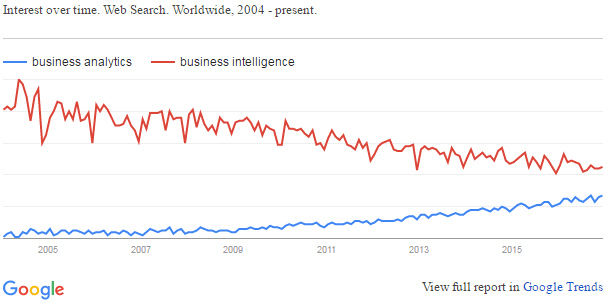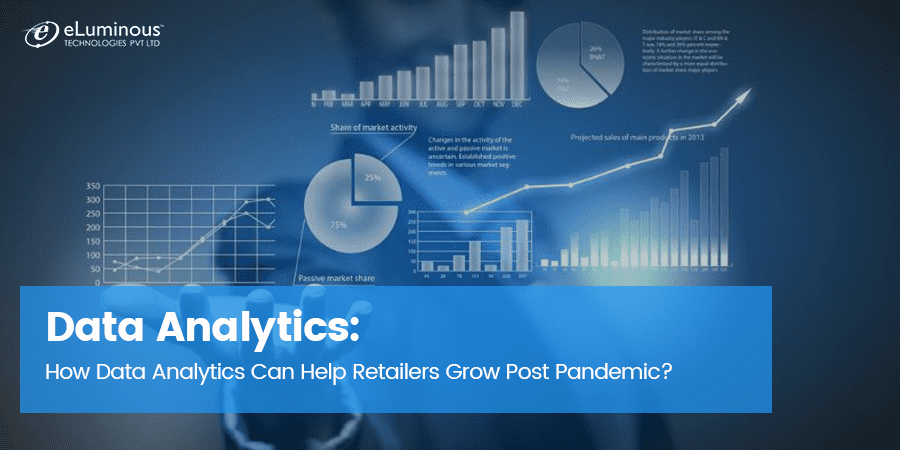There has been a lot of buzz about how remarkably useful the business intelligence tools and business analytics have proved to be, for the organizations worldwide. Though they are similar in various aspects, but there is a lot of difference between the two of them. Their ultimate goal is one, to help the organizations get better insights and make accurate decisions. The method and approach that they follow are entirely different, but both are equally efficient in terms of the productivity they want to deliver to the organization. Both are vital parts of the worldwide trend i.e., Big Data, that can be utilized to complement each other in a relevant context.
Usually, when I talk about Business Intelligence solution with the clients, there is one question that is always asked and that is “Is Business Intelligence and Business Analytics similar?” Well, there is always a smile on my face after this question, as it gets very interesting each time I try to explain. To start from the basics, BI is a data management and maintenance tool that seeks to collect, store and analyze the actionable business data with the purpose of making strong business decisions. On the other hand, business analytics is primarily used to analyze the past and current data to make the business predictions, aiming towards overall improvements in operations etc.
Let’s see what makes them different from each other:
Business Intelligence:
The most popular meaning of Business intelligence is that it is a systematic application that is used by worldwide organizations to maintain, enhance and streamline their business operations. The top benefits of BI include:
- A strong graphical representation of diverse data, which enables quick and quality decision-making.
- When decisions are made quickly and with more accuracy, it can give the organizations a substantial competitive advantage.
- BI as a tool incorporates necessary, data-mining and data consolidation capabilities, reporting and analysis, dashboards and hence budgeting, planning, and forecasting.
- Helps the businesses across multiple verticals analyze their problems and then recommend innovative solutions based on accurate analytics, which helps in improving the ROI.
- BI helps the organizations address the common questions or mistakes and find their relevant solutions through predictive analytics that can support the decision-makers to avoid making similar decisions again.
Business Analytics:
Business Analytics has a different nature while helping organizations to gain productivity. It is more about the activities that businesses do to follow the trends and to predict the needs of the future. The process is very inconsistent and unconventional than BI but it works wonders when it comes to the predictions part. Let’s find out some more benefits as follows:
- Helps the business to evolve by analyzing the past and current data and predicting what are the necessary elements for the business to grow are.
- It prompts the business leaders to make decisions based on the changes in the scenarios and determine what the numbers actually mean.
- It primarily consists of statistical analysis, quantitative analysis, data mining, and predictive modeling of the historical data collected from multiple sources.
If you see, all these benefits are very much relative, and therefore, we can say that everyone can have a unique notion for this topic. Both can blend in together to produce an extraordinary output. On similar grounds, some of the leading Business Intelligence tools platforms have now started including more complex tools to perform different types of analytics – descriptive analytics, visual patterns discovery, and predictive modeling and data mining.
Interestingly, the number of Google searches for “business analytics” have risen sharply in the past 10 years vs. a mild decline for “business intelligence.” Here are the stats from Google Trends.

Blogger, Internet Marketer, Marketing Analyst.



